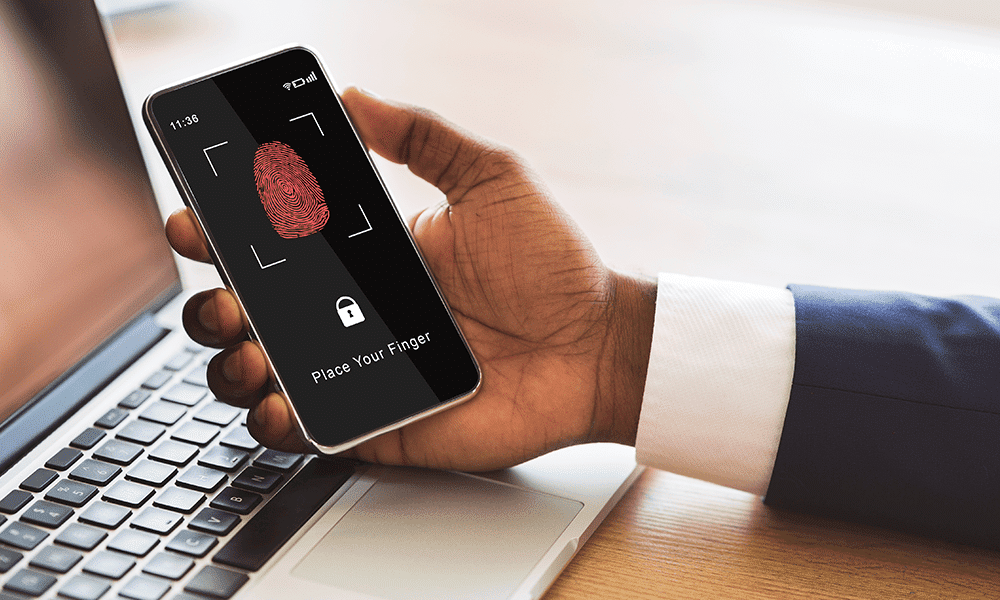
Identity and Access Management (IAM) is a comprehensive framework involving a blend of policies, processes, and technologies designed to manage digital identities. The main goal of IAM is to enable authorised individuals access to the resources and information suitable to their roles while preventing unauthorised access to sensitive data. This balance ensures operational efficiency, compliance with regulatory standards, and protection against data breaches.
Initiated in 2021 by the National Cybersecurity Alliance, Identity Management Day is observed annually on the second Tuesday of April.
This significant day falls on Tuesday, the 9th of April 2024. It aims to elevate awareness among business leaders, IT professionals, and the general public regarding the crucial role of identity management. It encourages stakeholders to actively engage in practices that strengthen our digital security.
Neglecting strong identity management practices exposes individuals and organisations to significant risks. These include susceptibility to cybercrime, identity theft, and financial fraud.
The lack of effective identity management leads to data breaches within corporations and account takeovers for individuals.
Cybercrime can affect anyone possessing digital devices or online accounts, underlining the universal need for vigilant identity management.

In the face of cyber threats that cost the UK economy a staggering £30.5 billion in 2023, enhancing IAM skills is not just beneficial; it's imperative. Common oversights like password reuse and engaging with suspicious links can compromise personal and corporate security.
Advancements in IAM technologies and practices include:
Silver Lining is dedicated to fortifying digital identity security for personal and professional applications.
Our services and tools are tailored to effectively address the evolving landscape of cyber threats. For insights into these advancements, contact us on 0345 313 1111, email [email protected], or explore the 'Cyber Security Management' section on our website.
Together, we can secure your digital footprint against the challenges of the digital age.


